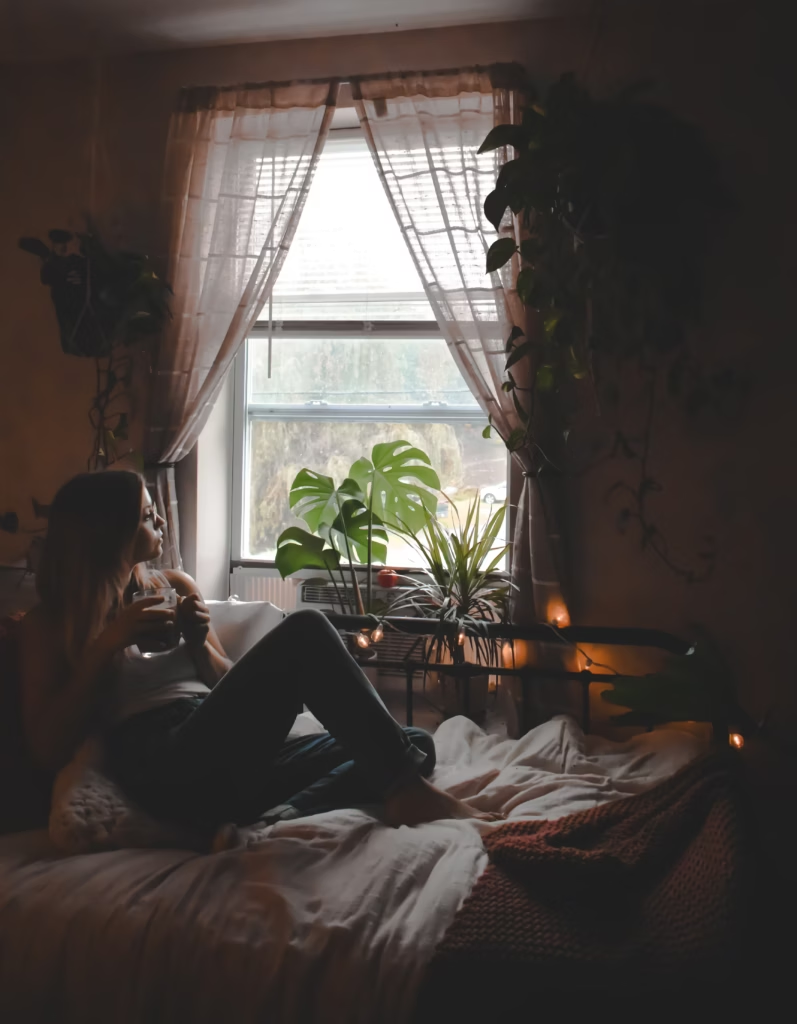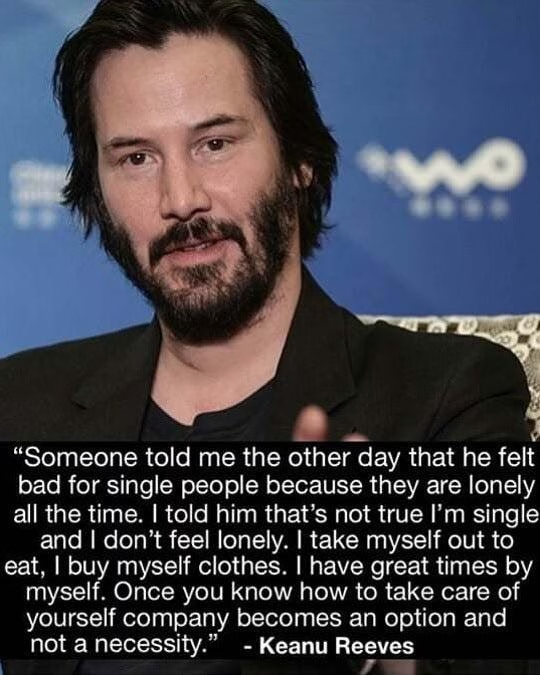It’s a rainy weekend, and I’m not going anywhere.
Not because I’m unwell. Not because I don’t have options. Not because I’ve run out of things to do. Simply because I don’t want to. The door is closed on purpose.
There’s something quietly powerful about choosing to stay in. Not out of avoidance, but from a place of comfort and contentment. The kettle’s warm, the blanket’s close, and the outside world can wait.
Solitude Isn’t a Last Resort—It’s a Luxury
There’s a common assumption that being home alone means something went wrong. That plans fell through, or no one invited you, or you didn’t have the courage to say yes. But sometimes, solitude isn’t the backup plan. It’s the main event.
A rainy weekend is a perfect excuse to lean into it. To nest. To potter. To exist without performance.
There’s no one else’s timeline to follow. No small talk to make. No weather to brave. Just you, your home, and the soft sound of rain outside while you read, cook, nap, or do nothing at all.
I opened my front door once last weekend—to collect a package.
I simply stayed in. I wrote, I gamed, I read, I had good meals and quality (online) social time. I caught up on a bit of work for my day job (yay, overtime!). I did some housework I’d been putting off for a bit too long.
This qualified as a good weekend.
The Door Stays Closed Because It Feels Good That Way
It’s easy to mistake quiet for loneliness. To assume that silence equals lack. But when you live alone, you learn to read the difference. You know when solitude is filling your cup, not draining it.
That’s how this weekend feels.
The door’s closed not to shut people out, but to keep the comfort in. The stillness. The warmth. The rightness of being right where you are.
No Guilt for Saying No
Weekends can carry a pressure to “make the most of it”—to go out, catch up, be productive, be social. And sometimes, that’s great. But not always. Not every weekend needs to be full. Not every hour needs to be optimized.
There’s nothing wrong with choosing rest over plans.
There’s nothing wrong with preferring slippers to shoes.
There’s nothing wrong with looking at the rain and deciding: not today.
You don’t owe your time to anyone.
You don’t need a reason beyond “I’m happy here.”
Final Thoughts
Last weekend, the door was closed. Not permanently, not locked and barred, just closed.
Next weekend it might not be. It could be, I’ll see how I feel.
Because solitude isn’t something to be fixed.
It’s something to be felt, and enjoyed.
And sometimes? It feels just right.

